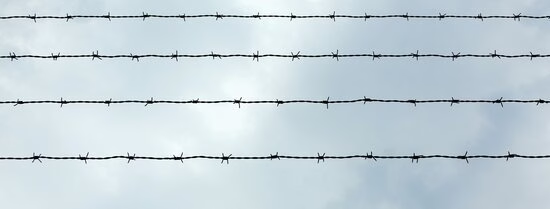Why is it important that the elderly who were involved in concentration camps are at last taken to court today? Prof. dr. Kees Ribbens was interviewed about this for NU.nl and EenVandaag. Ribbens is endowed professor in history at the Erasmus School of History, Culture and Communication (ESHCC) and senior researcher at NIOD Institute for War, Holocaust and Genocide Studies.
After a failed attempt to flee, 96-year-old Irmgard Furchner still appeared in court on Tuesday 19 October. The woman worked as a secretary of the concentration camp Stutthof during the Second World War. She is not the first elder who is convicted for their involvement in concentration camps.
In an article on NU.nl prof. dr. Kees Ribbens explains that such trials are not so much about obtaining new information, but “more about the personal perspective, clarifying once again how the process of extermination has taken place and that accountability and justice are served. That way we maintain insight and knowledge about what has happened, that keeps the important memory alive.”
The suing of old aged persons started particularly in 2011 when the 89-year-old John Demjanjuk, former guard of the Polish extermination camp Sobibór, was convicted. “Until that moment, demonstrating involvement was about proving that someone really held a gun or had pressed the button of the gas chamber,” Ribbens says. According to him, the case against Demjanjuk constituted a turning point: “from that moment onwards, the pool of perpetrators became larger. Now, people who were working in a camp were also directly involved.”
Despite the old age of the accused, Ribbens contends that it is of great importance that these convictions take place. “Especially in cases like these people should be tried. It adds a face to the evil,” he argues, “it is important to show that complicity can’t go unpunished and that nobody should think that one can get away with it.”
Ribbens was also interviewed in the EenVandaag broadcast on Tuesday 19 October. The Netherlands is lagging behind when it comes to the conviction of those formerly involved in the camps. According to Ribbens, it is due to a lacking sense of urgency: “we are less inclined to put our own house in order, to look at our share in the whole conviction machinery.”

